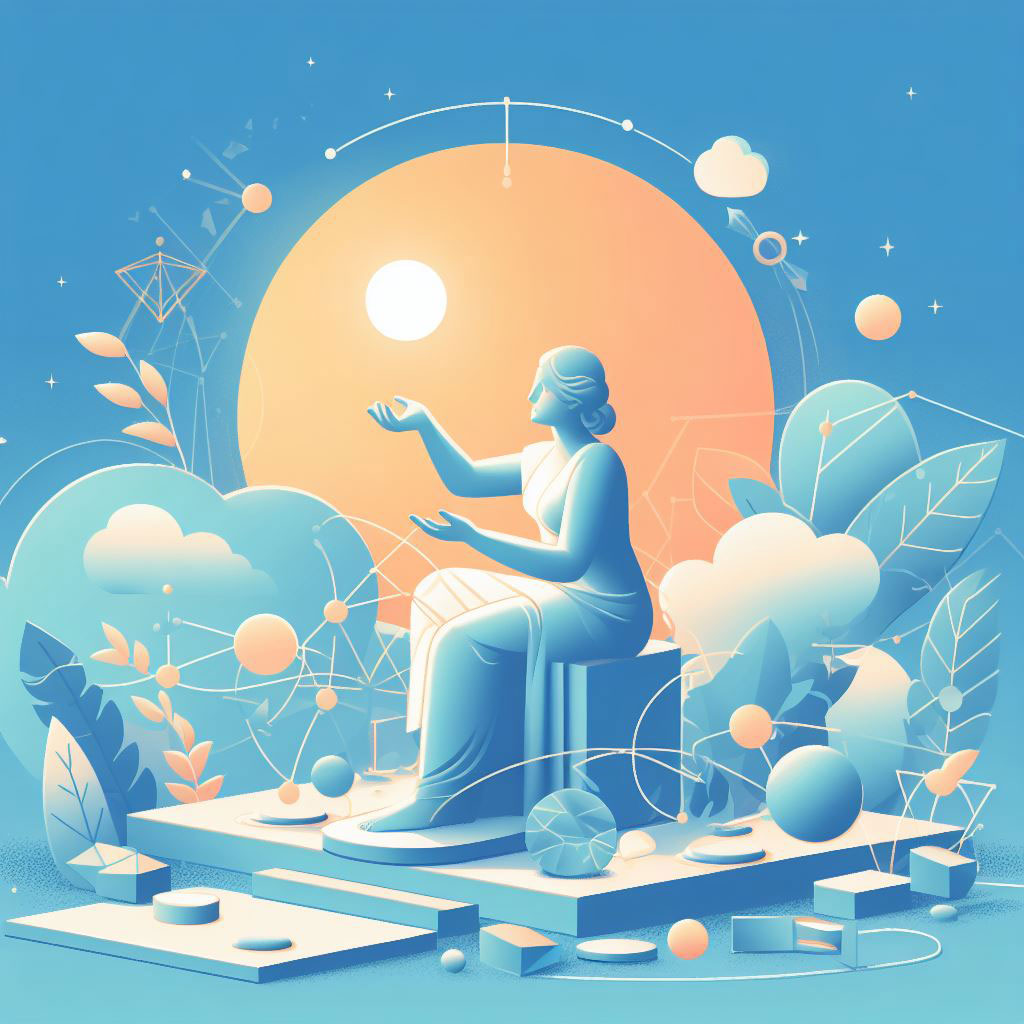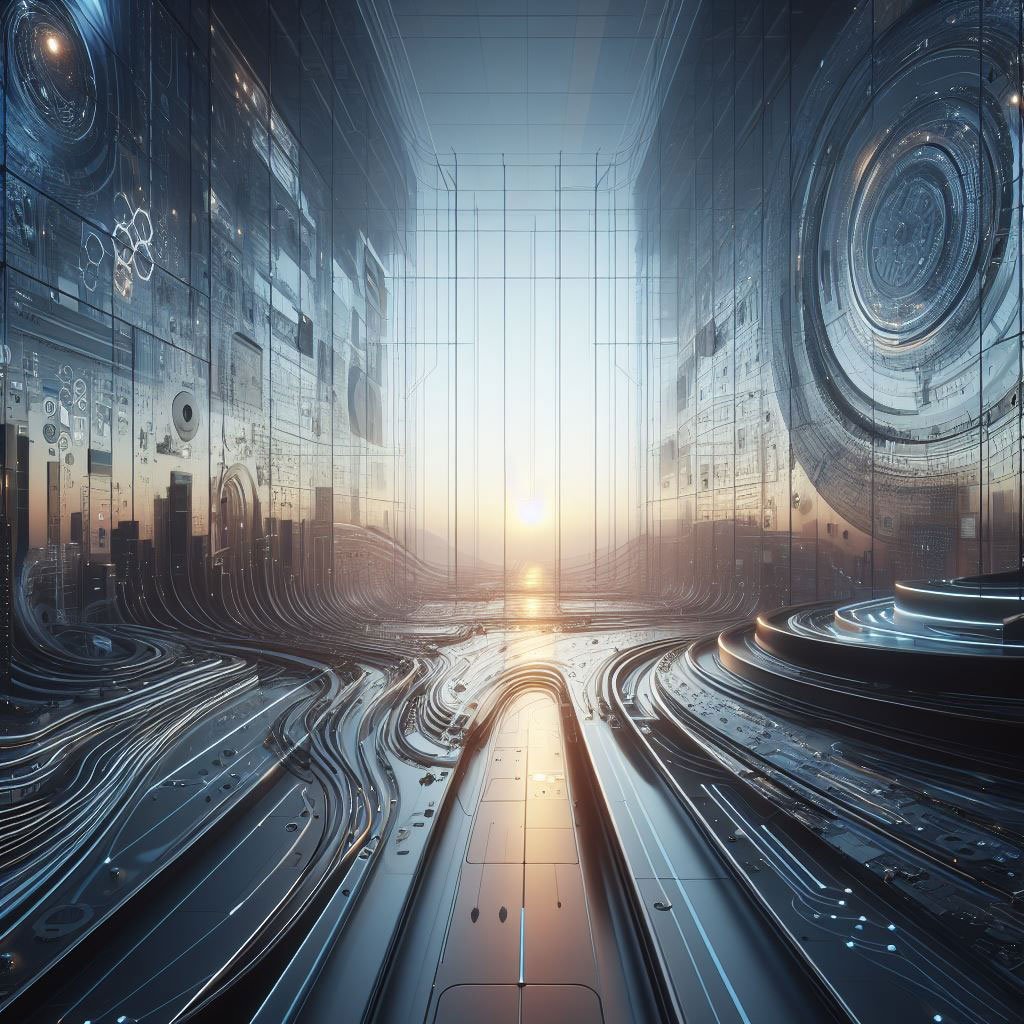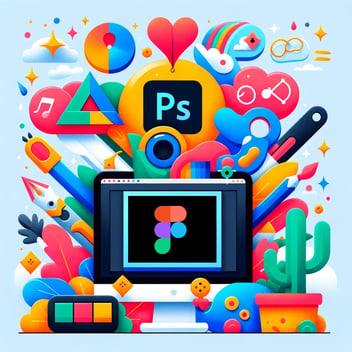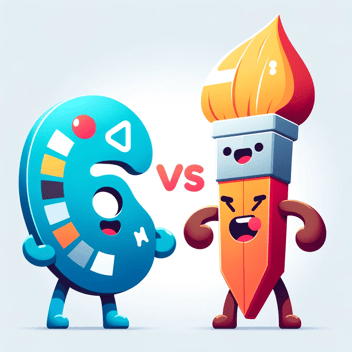
Designing the Future: Web Design Trends Sculpting the Digital Landscape
This post may contain affiliate links, which means I may receive a commission if you click a link and purchase something that I have recommended. Thank you!
As the digital realm continues to evolve, the canvas of web design burgeons with innovative trends, each bringing a fresh hue of aesthetics and functionalities. In the heart of this evolution lies a perpetual quest for enhanced user engagement, seamless user experience, and a tangible connection between a brand and its audience. The tapestry of web design is being meticulously crafted with trends that are not merely fleeting fads but significant strides towards a future where websites are more intuitive, engaging, and reflective of a brand’s ethos.
Let’s traverse through some of the compelling web design trends that are sculpting the digital landscape, delving into their essence and exploring how they can be harnessed to elevate your online presence.
The Vanguard of Web Design Trends
The digital frontier is being redefined with trends that not only enhance the aesthetic appeal but significantly contribute to user engagement and brand perception.
The Resurgence of Retro Designs:
The charm of yesteryears fused with the modern design principles is ushering in a wave of retro resurgence. It's more than just a nostalgic nod; it’s a creative amalgamation that resonates with diverse audience demographics. The visual warmth and familiarity of retro elements, when blended with modern design aesthetics, offer a unique engagement platform, bridging the generational design preferences while maintaining a fresh and contemporary outlook.
The Dance of Colors and Dark Mode:
The palette of web design is becoming more vibrant and expressive, with bold color choices leading the way. Moreover, the dark mode is not just a modern aesthetic choice but a response to the growing demand for eye-friendly user interfaces, especially in low light environments. The contrasting beauty of dark mode coupled with vibrant color accents not only elevates the visual appeal but also enhances user comfort and accessibility, paving the way for a more inclusive digital experience.
The Harmony of Minimalism and Functionality:
The essence of modern web design is gravitating towards simplicity, where minimalism meets functionality. This trend is about decluttering the digital space, making room for a seamless user journey. The minimalist design, characterized by clean lines, ample white space, and uncluttered layouts, dovetails with robust functionality, ensuring that the user experience is intuitive, engaging, and devoid of unnecessary distractions.
Embracing 3D Model Technology:
The digital canvas is expanding into the third dimension with the integration of 3D model technology. This trend is breathing life into web interfaces, creating immersive experiences that captivate audiences. From interactive 3D product models to virtual tours, the utilization of 3D technology is not just a visual enhancement, but a leap towards a more interactive and engaging user experience. It provides a tangible, almost real-world interaction with digital content, bridging the gap between the virtual and the tangible, and opening avenues for enhanced user engagement and brand presentation.
Harnessing the Trends: A Leap into the Future
Adapting to these emerging trends is akin to embarking on a voyage towards a future where web design is more intuitive, engaging, and reflective of a brand’s ethos.
Evaluating and Integrating Trends:
The spectrum of web design trends is vast, and sifting through to find what aligns with your brand requires a discerning eye. It’s crucial to evaluate the relevance, impact, and the potential these trends hold in enhancing user engagement and brand perception before integrating them into your web design. This thoughtful integration ensures a harmonic resonance between the brand’s ethos and the digital representation.
Prioritizing User Experience:
User experience is the cornerstone around which these design trends orbit. It's about creating a digital environment where users can navigate with ease, engage with content, and connect with the brand. Whether it’s the visual comfort of dark mode or the interactive engagement offered by 3D model technology, the ultimate goal is to enhance the user journey, making it more intuitive, enjoyable, and memorable.
Reflecting Brand Identity:
Web design is more than just a digital facade; it’s a narrative that reflects the brand’s identity, values, and ethos. Ensuring that the adopted trends are in harmony with the brand narrative is imperative. It’s about creating a cohesive digital narrative that resonates with the audience, reinforces the brand identity, and cultivates a meaningful engagement.
Staying Ahead of the Curve:
The dynamism of the digital realm demands a proactive approach in staying updated with the latest trends. It’s about having a finger on the pulse of the evolving design principles, ensuring that your web design remains fresh, engaging, and in sync with the modern user preferences and technological advancements.
Conclusion
The tapestry of web design trends is a narrative of evolution, reflecting the changing dynamics of user preferences, technological advancements, and brand storytelling. Embracing these trends is not merely about staying relevant; it’s about taking strides towards crafting a digital presence that’s engaging, resonant, and visionary. As the realm of web design continues to burgeon with innovation, the opportunity to sculpt a digital narrative that’s not just contemporary but a harbinger of the future, stands tall.
So, as we traverse through the evolving landscape of web design trends, the quest for a more engaging, inclusive, and intuitive digital experience continues, beckoning brands to embark on this exhilarating voyage towards the digital future.



